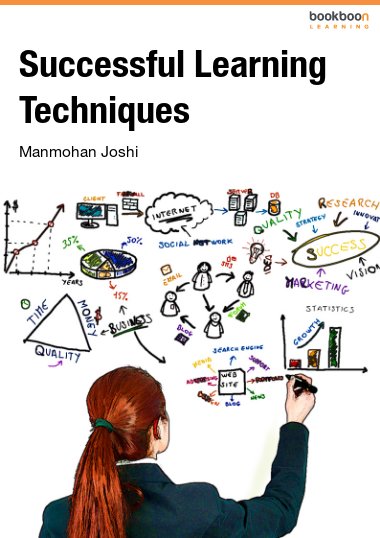
The Science of Learning: Proven Techniques for Success

The Science of Learning: Proven Techniques for Success
The human brain is an incredible machine, capable of learning and adapting at an astonishing rate. Yet, we often approach learning in a haphazard way, relying on intuition and outdated methods rather than embracing the wealth of knowledge gleaned from the science of learning. This article delves into the core principles of learning science, outlining proven techniques that can transform your approach to studying, skill acquisition, and personal growth.
Understanding the Brain: The Foundation of Learning
Our brains are not passive sponges soaking up information. Instead, they actively construct meaning through a complex interplay of cognitive processes. Understanding these processes forms the bedrock of effective learning:
- Working Memory: The Short-Term Hub: This limited-capacity system holds information temporarily, allowing us to manipulate it for immediate tasks. Its capacity is roughly 7 items (give or take 2), making it crucial to chunk information into manageable units.
- Long-Term Memory: The Vast Repository: This vast storehouse holds our knowledge, skills, and experiences. The key to transferring information from working memory to long-term memory is encoding, a process involving repetition, elaboration, and retrieval practice.
- Cognitive Load: Balancing the Mental Workload: Our cognitive resources are finite. Excessive cognitive load leads to overload and hinders learning. Effective learning strategies minimize extraneous cognitive load, focusing on essential information and using appropriate learning materials.
Proven Techniques for Effective Learning
Armed with this understanding, we can leverage powerful techniques to optimize our learning:
1. Spaced Repetition: Instead of cramming information into a single session, spread your learning over time. Regular revisits, spaced at increasing intervals, strengthen memory traces and ensure long-term retention.
- How to implement: Utilize digital flashcards, spaced repetition software, or simply create a schedule for reviewing material at spaced intervals.
2. Retrieval Practice: Actively retrieving information from memory is far more effective than simply re-reading material. This process forces your brain to work harder, strengthening neural connections.
- How to implement: Use self-testing, quizzing yourself, and summarizing information without looking at notes.
3. Interleaving: Instead of studying one subject for an extended period, switch between different subjects or topics. This technique promotes deeper understanding and prevents rote memorization.
- How to implement: While studying for exams, alternate between subjects, or practice different skills within a single subject.
4. Elaboration: Connecting new information to existing knowledge strengthens memory and deepens understanding. Elaboration involves actively relating new concepts to what you already know.
- How to implement: Create analogies, explain concepts to others, and apply knowledge to real-world situations.
5. Chunking: Breaking down large amounts of information into smaller, manageable chunks makes it easier to process and remember.
- How to implement: Divide lengthy texts into sections, group related information together, and use headings and subheadings to organize material.
6. Active Recall: Engage with the material actively instead of passively absorbing it. This can include summarizing information, explaining concepts to others, or creating your own practice problems.
- How to implement: Create notes, mind maps, or summaries in your own words.
7. Feedback and Reflection: Regularly assessing your understanding and seeking feedback from instructors or peers helps identify areas for improvement.
- How to implement: Engage in self-assessment, discuss your work with others, and actively seek feedback.
Beyond the Techniques: The Power of Mindset
While learning techniques are essential, a positive mindset is crucial for sustained success.
- Embrace Challenges: View difficulties as opportunities for growth and learning.
- Believe in Yourself: Foster self-efficacy by setting achievable goals and celebrating your progress.
- Persistence is Key: Don't be discouraged by setbacks. Learning is a marathon, not a sprint.
Conclusion: A Lifelong Journey of Learning
The science of learning empowers us to become more effective learners, unlocking our potential for growth and achievement. By implementing these proven techniques and fostering a growth mindset, we can transform our learning experiences, not only in the classroom but also in our personal and professional lives. Remember, the journey of learning is lifelong. Embrace the process, be patient with yourself, and enjoy the transformative power of knowledge!

